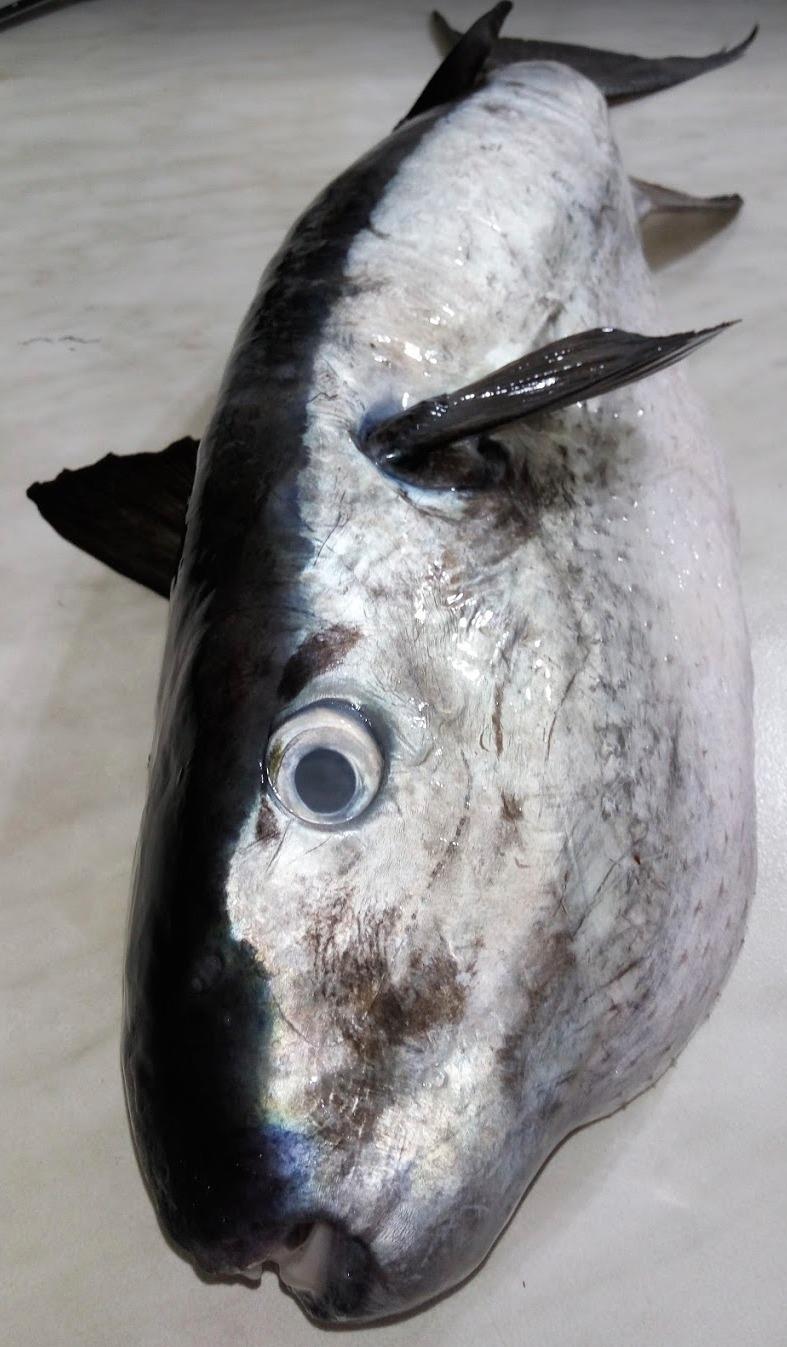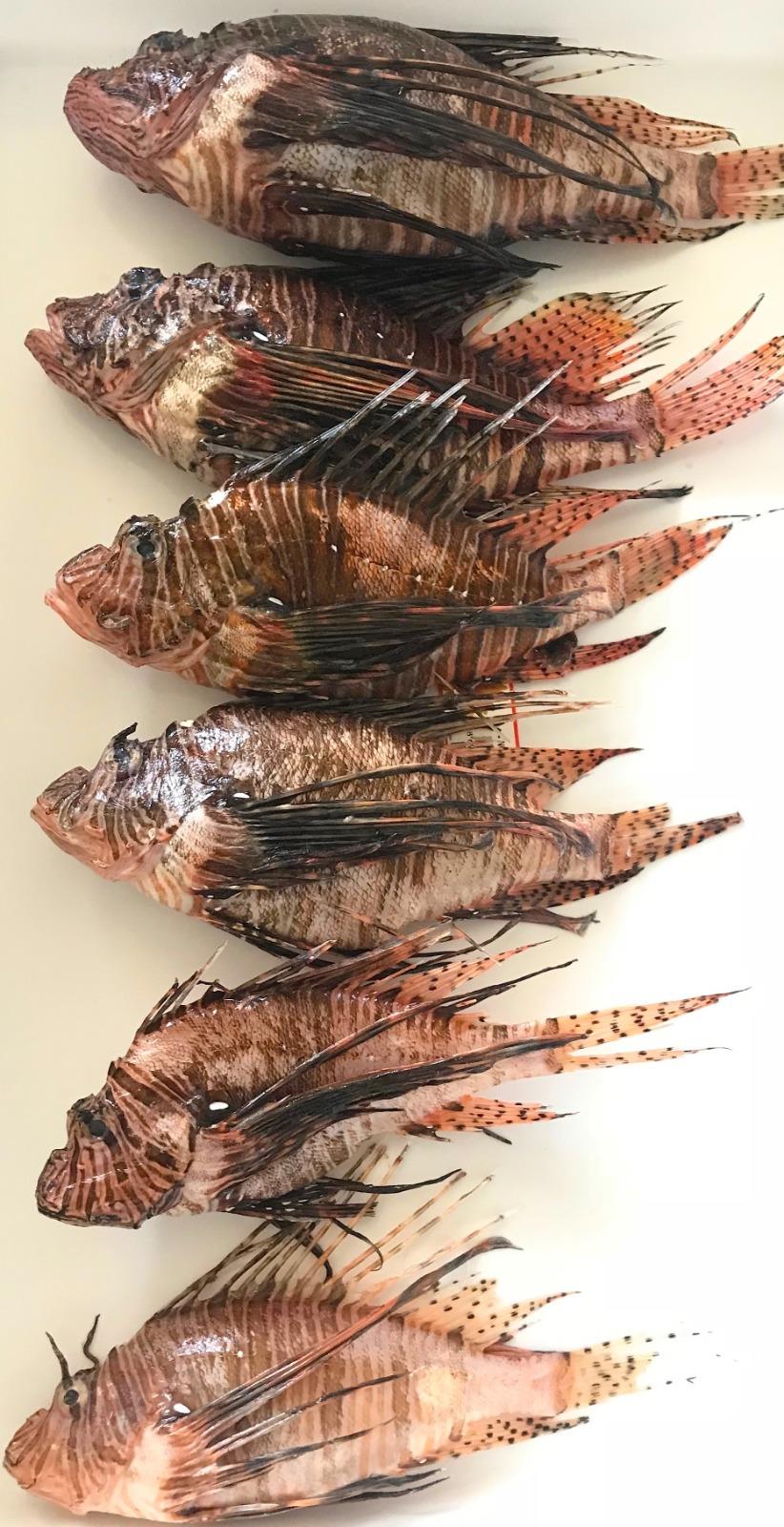The Conservation Biology Research Group at the University of Malta (CBRG-UM) has reported that the Mediterranean marine biodiversity is under threat due to the introduction of almost 1,000 non-indigenous species with new species continuously being spotted.
The CBRG-UM alongside Transport Malta are encouraging all mariners to support their research.
The CBRG-UM has been actively working with sea users, including commercial and recreational fishermen, scuba divers, skin divers, Transport Malta, the Armed Forces of Malta (AFM) and the Biological Conservation Research Foundation (BICREF) for many years as part its long-term research efforts to monitor changes in local marine species.
This has led to the discovery of new alien species in Maltese waters, with some recorded in the Mediterranean for the first time by the CBRG-UM, including the Cocoa damselfish, the Indopacific sergeant, the Squirrelfish, the Niger hind, the African Sergeant and the Dory snapper. Additionally, the research group provides detailed genetic analyses that allow not only the confirmation of the species identification but may also give an insight on the specimen's geographic origin.

The entry of these non-indigenous species into the Mediterranean is mostly facilitated by shipping activities from the Atlantic and the Red Sea.
The CBRG-UM warned that some of these non-native species have now adapted to their new environment, reproducing and rapidly increasing in numbers with the risk of destabilizing native ecological communities.
"This is a serious situation that may impoverish native marine life through the invasiveness of some of these species that grow without control," it said in a statement. Examples of such species include different species of pufferfish, the blue swimmer crab and the dusky spinefoot.
In 2016, the CBRG-UM had recorded the presence of the lionfish in Maltese waters and continues to follow on these cases through the immediate communications from fishermen, scuba divers and other sea users.

To supplement on-going field research efforts, sea users are encouraged to continue to report any sightings of alien or strange species supported by photographs.
The Ports and Yachting Directorate within Transport Malta also released a local notice to mariners, encouraging them to support the research which the CBRG-UM is continuously conducting on dolphin whale, turtle, shark, rays, jellyfish blooms and alien species sightings.
This can be done by either emailing conservation biologist Prof Adriana Vella on [email protected] or via SMS using the number +356 99429592.
The information that mariners are required to provide includes; date and time of observation, number of the species sighted, the location in which they were sighted and photos or videos whenever possible to allow for identification of the species.
For donations of alien specimens for conservation research, one may contact: Prof Vella on the previously mentioned number and/or Dr Sandra Agius Darmanin on +356 99820014. Specimens that contribute to new discoveries and therefore to timely conservation measures, will be eligible for a thank you gift provided by a sponsor (More information can be found on www.xpresstackle.com/sos). As long-term conservation research and monitoring is essential to safeguard native biodiversity in Maltese waters, sponsors are helpful to this goal.